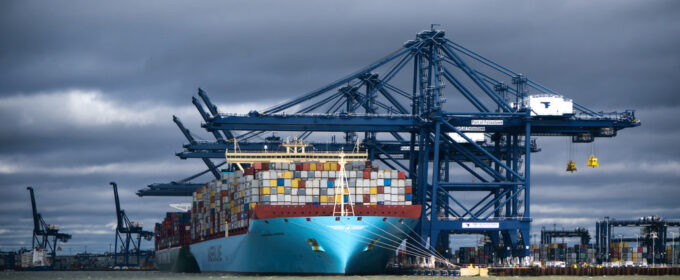There are strong links between renal and cardiovascular disease, with chronic kidney disease contributing to around 12,000 excess heart attacks each year in England alone. However, siloed models of care may fail to deliver adequate care due to potential complex interactions between multiple disease management and the lack of continuity of care. In this piece, […]









